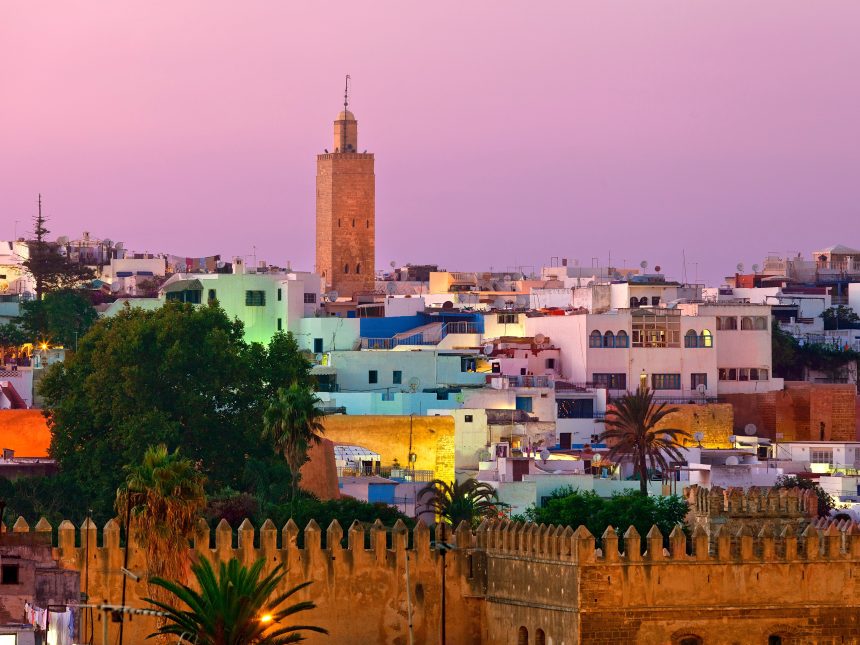Homeownership remains a major aspiration for many Africans, but affordability often stands as a significant hurdle. A key factor in determining how accessible homeownership is in any given city is the loan affordability index, which measures mortgage payments relative to income.
A high loan affordability index indicates that residents can more easily afford mortgage payments without overstretching their financial resources. When this index is favorable, more individuals and families transition from renting to owning their homes, leading to greater financial stability and housing security.
The ripple effects of accessible mortgage systems extend beyond individual homebuyers. Financial institutions witness an uptick in loan applications and approvals, which in turn fuels the real estate sector. Increased homeownership stimulates demand for construction-related jobs, benefiting architects, engineers, mortgage lenders, and laborers alike.
Additionally, investors are more inclined to fund housing projects in cities where mortgages are affordable, as these projects present lower financial risk and higher success rates.

Despite these benefits, many African cities continue to struggle with housing disparity due to high property prices in relation to average incomes. A good loan affordability index plays a crucial role in narrowing wealth gaps by making homeownership accessible to middle and lower-income earners. This, in turn, fosters social equity and reduces the concentration of wealth among the privileged few.
For many households, mortgage payments consume a substantial portion of their monthly income, often leaving little room for essential expenses such as healthcare, education, and food. A high loan affordability index helps alleviate financial stress, enabling families to maintain a comfortable standard of living. Additionally, affordable mortgages reduce the risk of loan defaults and foreclosures, strengthening financial institutions by minimizing bad loans and ensuring a stable lending environment.
Recent data from Numbeo highlights the African cities where mortgage payments are most manageable in relation to income. Pretoria leads the rankings with a loan affordability index of 3.2, making it the most accessible city in Africa for mortgage-based homeownership. Johannesburg follows with a score of 2.6, while Cape Town, Durban, and Rabat round out the top five. These cities provide the best opportunities for residents to transition from renting to owning, creating a more financially inclusive housing market.

While affordability remains a challenge in many regions, the cities on this list demonstrate that with the right policies and economic conditions, homeownership can be within reach for more Africans. Governments, financial institutions, and urban planners must continue working towards improving mortgage structures, ensuring that more citizens can achieve their dreams of owning a home without facing overwhelming financial strain.



